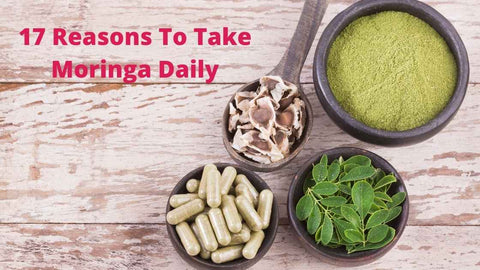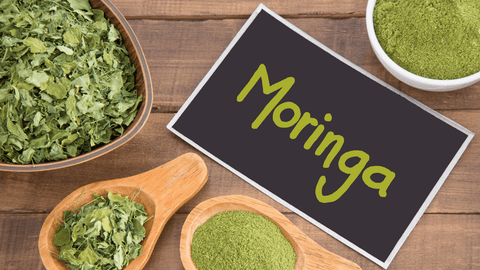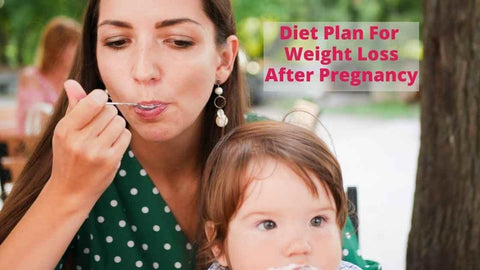Why lockdown and re-opening anxiety is impacting your sleep and 5 suggestions to help

If you're having a hard time with sleep problems due to lockdown and re-opening anxieties, you're not alone.. According to a new study from King's College London and Ipsos, more than half of Britons have actually faced sleep has a hard time in lockdown and re-opening anxiety.
"Not surprisingly we are all experiencing mounting levels of stress," explains psychotherapist and Hypnotherapy Directory member Ann Hamilton, who has seen an increase in clients reporting sleep problem and vivid dreams following lockdown and re-opening anxiety. Ann describes that there's a clear link between additional stress, stress and anxiety and less sleep.
"Tension in our body can make it difficult to concentrate, take pleasure in emotional balance and get peaceful sleep. Increased presence of cortisol in the body raises the tension response and shifts the sleep-wake balance in the brain, which increases sleep fragmentation and ultimately results in insomnia," she adds.
Another factor affecting our sleep due to lockdown and re-opening anxiety is increased screen time checking up on family, friends and news events, explains Ann: "The blue light of our screens is a trigger to the brain to stop producing the friendly sleep hormone melatonin." The unhealthy feeling or need to constantly stay updated and connect to the latest news events is increasing the length of time we spend browsing on social media and news websites and promotes blue light exposure.

Nutritional Expert Beanie Robinson has actually also seen an increase in clients looking for assistance with their sleep. Due to the fact that our routines have actually changed in lockdown and will be changing again with re-opening, she notes that one of the key factors for our poor sleep is.
" Often individuals do not know that the food they are eating might be having an impact on their sleep. Developed routines have actually been disrupted and people have actually discovered their eating habits and behaviours have actually changed in some way. The change in what we eat also worsens the problem.
" The added issues of work routine change, unpredictability, stress, anxiety, boredom and aggravation is most likely to have an effect on increasing the consumption of comfort foods and drink as a coping mechanism. This includes increased intake of alcohol, processed and highly refined sugars, junk food and caffeine, all of which can and definitely does directly affect our sleep."

If you're battling with sleep, it's important you seek support advises Hypnotherapy Directory Member Samantha Grant,
"Sleep problems impact wellness, health and self-confidence. These, in turn, affect our interactions and can lead to depressed feelings of exclusion and lack of achievement. It can end up being a vicious cycle. By using hypnotherapy the cycle can be broken."
What's the solution? 5 practical tips for both adults and kids having a hard time with sleep from therapist Ann and Nutritionist Beanie
-
Sleep in a cool dark room with no light sources, somewhere around 65-70 degrees F / 18-20 degrees C is best for sleep. And, absolutely darken the room, which can easily be achieved by using a good sleep mask to block out unwanted light. Many good quality sleep masks are easily available for $10 - $20 each

-
Make dinner lighter and eat it earlier, no later than 8:00 pm and have 2:00 pm as your cut off for caffeine. Caffeine stays in your system long after your last cup! The later you consume caffeine the harder it will be to drop asleep especially with added stresses.

-
Get outdoors in natural sunshine for a minimum of thirty minutes each day. Exposing your skin to some direct sunshine is actually very helpful for rebalancing your body clock (sleep/wake cycle).

-
Consider getting an all-season weighted blanket. Weighted blankets work by applying pressure to the body's sensory receptors. This is called Deep Pressure Therapy (DPT). This pressure feels like you are being hugged which releases hormones in the body, and helps you feel more relaxed and in a better mood for sleep

- At night, attempt to create the perfect sleep environment, turn off your screens and dim the lights. Less synthetic light will assist the production of melatonin (our master sleep hormonal agent), which can assist induce drowsiness. A dark room is essential for getting your body in sleep mode.

Where to get expert assistance
if you're having a hard time with sleep problems you can talk to your GP about the alternatives that are readily available.
More details on hypnotherapy for sleep and where you can discover an expert hypnotherapist is offered on Hypnotherapy Directory.
Suggestions from Nutritionist Resource can be found on the stress and info pages.
"The information in this article is based on a year on year's comparison of sessions on the sleep conditions, tension and anxiety pages of the Hypnotherapy Directory, Nutritionist Resource and Counselling Directory, from 23rd March - 31st May 2019 and subsequently the same dates in 2020."








